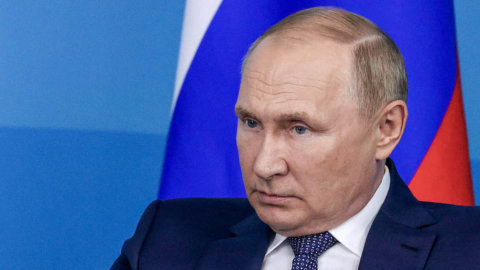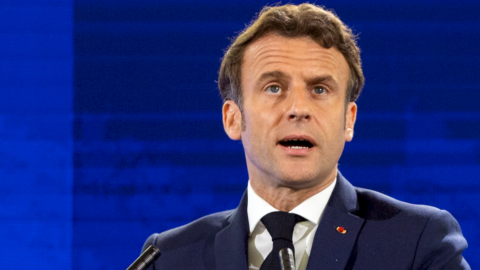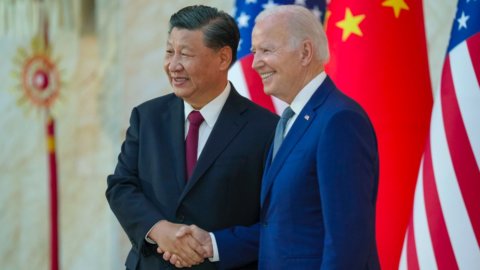April 12 and May 22. These are the two dates on which the fate of the United Kingdom will be decided. After a long and exhausting meeting, the European Council found a compromise between member states that gives London a few more weeks to try to get out of the Brexit chaos.
The agreement provides that the exit of the United Kingdom from the European Union is postponed from 29 March to 22 May. However, there is one condition: Westminster will have to approve the exit agreement, which has already been soundly rejected twice, by next week. In the event that the British Parliament fails to pass the agreement, Theresa May will have until April 12 to communicate what it intends to do. There are two options: long extension, with consequent participation in the European elections and perhaps even a second referendum on leaving, or No deal.
"The British government still has the option to exit with a deal, or to do it without a deal, or to request a long extension or to cancel the exit," European Council President Donald Tusk said at the end of the meeting.
EU27 responds to UK requests in a positive spirit and:
? agrees to Art. 50 extension until 22 May if Withdrawal Agreement approved next week
? if not agreed next week then extension until 12 April
? approves 'Strasbourg Agreement'
? continues no-deal preparations- Donald Tusk (@eucopresident) 21 March 2019
This is the maximum that the European leaders have managed to grant to the Government. Finding the square was not easy and, according to the reconstructions, Theresa May hasn't had it easy. The UK Premier presented herself to the Council with the intention of asking for an extension to June 30, notwithstanding it had already been clear for days that the EU would not have been willing to grant it to him.
During the meeting the leaders discussed the various options on the table. The most "angry" were the French president Emmanuel Macron, the Luxembourgian Xavier Bettel and the Belgian Charles Michel.
After hours of negotiations, however, the compromise line brought forward by the president of the EU Councils, Donald Tusk and the German chancellor Angela Merkel won.
The new deadlines, among other things, are not only convenient for the United Kingdom, but also for the EU countries. If it is in fact true that London will have a few more weeks to be able to unblock the impasse, it is equally true that the member states will have more time to prepare for a possible no deal, by approving the necessary countermeasures to minimize the repercussions on individual economies. Taking only the example of Italy: a possible No deal would currently cost our country approximately four billion a year.
"Yes, we will leave the EU and it is up to the Parliament to live up to it of this commitment to the British people,” said May.
"The time has come for decisions", he underlined, adding that the right thing is to leave the EU "with an agreement" but "not to revoke article 50". The choice of the EU, the British prime minister said again, underlines "the importance of Parliament approving the Brexit agreement next week so as to be able to put an end to uncertainty".
However, May will have to overcome another obstacle: on 18 March, the Speaker of the House of Commons, John Bercow, the third vote on the agreement is prohibited signed with the European Union. During his speech, Bercow explained that Downing Street will not be able to repeat the same agreement for the umpteenth time - despite the small changes introduced - due to the rules contained in a parliamentary regulation of 1844 and even a precedent dating back to 1604. To bring the text back to Parliament, the Premier will therefore have to find a loophole that will allow her to stem the veto.





